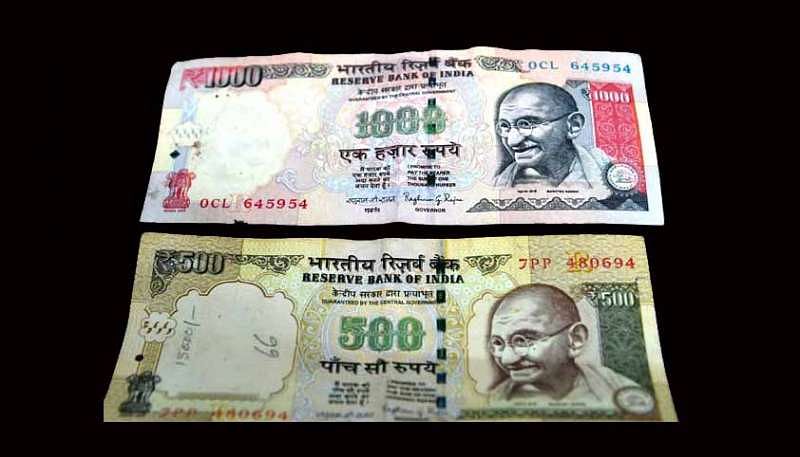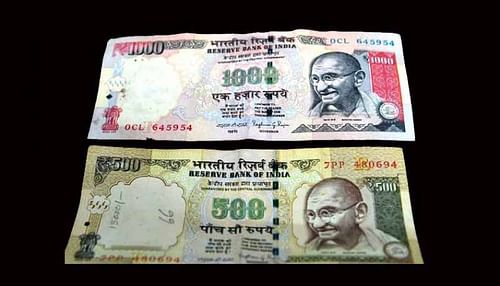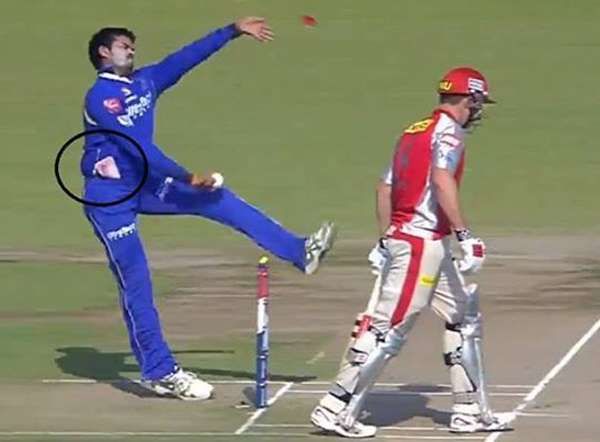
How demonetisation has hit the Hawala and betting industry in India
The recent announcement about demonetization is already having a ripple effect on the economy. While the move is lauded by many, there is no denying the fact that inappropriate planning has caused severe headaches for the common population of the country.
However, no change is smooth, and there are bound to be repercussions felt on either side. We hope to see results in either black or white, but then so often the actual result lies somewhere within the grey shade. This holds true currently, as the Prime Minister and the Government hope that this pain undertaken by the people will eventually subside and that the ambitious and in many ways chaotic measure starts yielding dividends.
There is little doubt that the common man is facing severe cash crisis and there is a certain state of frustration creeping in over the lack of meticulous planning. However, they are still very keen to co-operate for the sake of long-term benefits. One sector which has certainly been brought to a grinding halt is the spurious segment of illegal betting. There are several reports emerging that both legal and illegal gambling in the country has been smashed by this move.
Now, all this comes even as the BCCI is embroiled in a long drawn out controversy with the Lodha Committee. One of the suggestions put forward by the Lodha panel was to legalise betting in India. How this will be incorporated is a topic for a different debate at an entirely different time. Here, we will see how demonetisation has left the betting industry grappling for breath.
According to auditing firm KPMG, the estimated cricket gambling industry in India is worth a whopping Rs 300,000 crore. This business is flourishing most in Ahmedabad, Jaipur, Indore, Surat, Mumbai and Delhi. Hence, this announcement on November 8, which was on the eve of the first Test match between India and England could not have come at a more opportune time for the law enforcement authorities. The extremely small window forced the betting industry to come to a sudden and grinding halt. Few bookies also claimed that this broke their back as they were accepting bets around the appointment of Donald Trump as the President of United States.
And then there is always the reprehensible Hawala racket which is always on in full scale in Mumbai has been put to a halt, at least for a few weeks now. Owing to the move, there is this possibility that there will be no transactions made whatsoever.
The Hawala is entirely based on black money, and this "parallel illegal banking system" has been dealt a severe blow.
"We have been smacked, and are completely shut down. The fact that we are a cash based system is one of the reasons why we are down in the dumps at the moment," a Mumbai-based bookie confirmed.
Let me state an example to make the working of the system absolutely clear.
A student in New York needs money at a short notice. His father has huge stacks of black money back home in India, and thus he cannot approach the bank as the transaction would be recorded. Thus, the father approaches a Hawala agent and hands him cash. The agent then contacts his counterpart in New York and asks him to hand over the cash to the student. Both these agents earn their own share of commission and there is no trace of any transactions on legal records. A win-win situation for all parties.
This is just an example of a small scale transaction. In fact, the term Hawala means trust, and there is no binding treaty between parties. The entire transaction is carried out purely on hearsay, reliance and confidence. The system is illegal because the brokers give two hoots about the official exchange rates, and thus becomes very convenient for everyone.
The customers too become satiated as they have to pay commission which is way less than what banks levy. Also, they do not have to bother about the complexity of banking system in any country as their hard cash flows along without any hassle, thanks to the connections of the brokers.
Owing to the aforementioned process, this sector has taken a huge hit ever since 500 and 1000 notes have ceased to be legal tender. The entire ecosystem has become bereft of money (read cash). Almost the entire transaction is hit and the brokers are forced to either dump huge sums of money or disown them. Also, many of these operators are on the radar of investigative authorities, thus they panic and resort to extreme measures which also involves burning cash.
Cricket and betting have almost become synonymous and even though the process is not legal in India, it is a flourishing and full-fledged business throughout. During the 2013 season of the Indian Premier League, it was revealed that Hawala transactions to the tune of mindboggling Rs. 250 Crore were being made almost every match.
Investigations into the spot-fixing scandal in 2013 which rocked the Indian Premier League revealed that many bookies were in direct touch with underworld goons, and names like Dawood Ibrahim and Chota Shakeel surfaced. The entire nexus was one complicated system and many people from India, Bangladesh, Pakistan and the United Arab Emirates were involved in pumping money into the ecosystem.
The man on the street is fighting a battle to avail cash for his livelihood and this has to be looked into by the Modi government without a trace of doubt. The long queues in front of banks and ATMs is not a very pleasant site and the lack of cash has stripped away normalcy in daily affairs.
However, by snapping the Hawala links and the betting nexus, the Government has dealt a certain decisive blow, and for that, they need a lot of appreciation!

